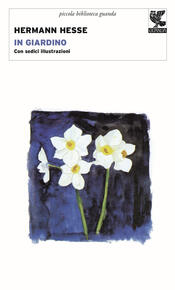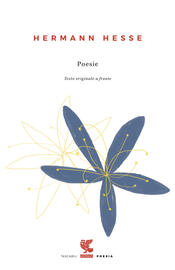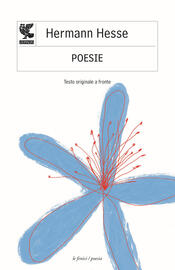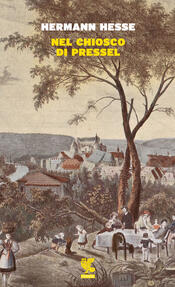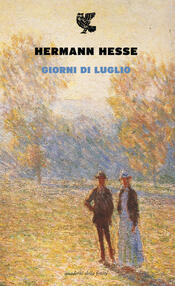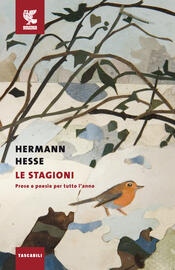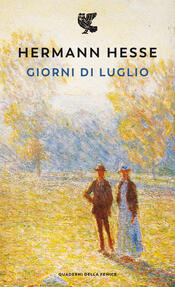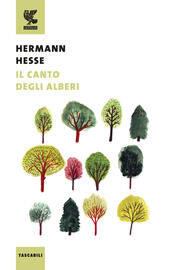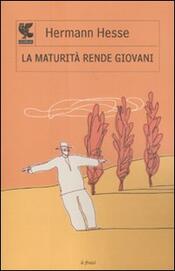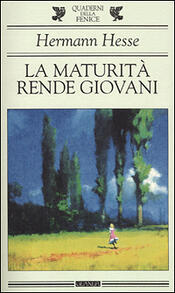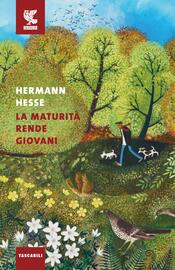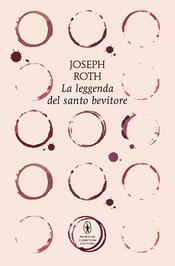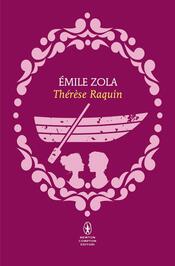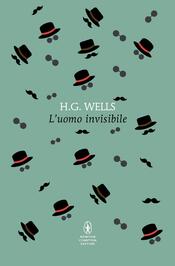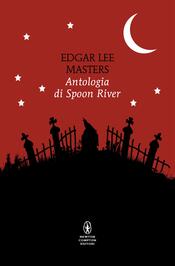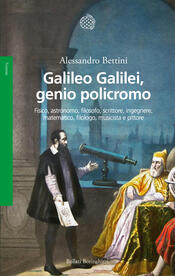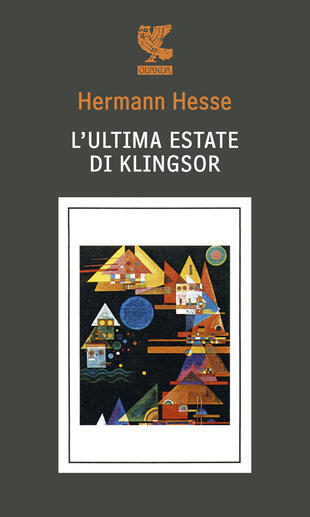

Sinossi
I messaggeri dell’Oriente come il poeta Li Tai Po, «autore dei più sottili canti conviviali», l’astrologo armeno, le compagne egli amici del protagonista, ma soprattutto lui, il pittore incantatore Klingsor, la sua tavolozza e le sue libagioni, la sua suggestiva mitica figura, i ritmi essenziali di una breve vicenda, di un’avventura al tempo stesso esigua e sublime, irripetibile... Elementi che variamente caratterizzano questa lunga novella, scritta da Hermann Hesse nel 1919, in un periodo, cioè, particolarmente delicato e difficile della sua vita, nello stesso anno in cui apparve uno dei suoi migliori e più noti romanzi, Demian. Elementi che attraggono sin dal primo approccio il lettore, e che pure lo invitano gradualmente a un difficile cimento, passando dall’ascolto affascinato, già di per sé appagante, della voce del narratore, all’esplorazione più minuziosa del testo, nel tentativo di penetrazione di una superficie che si presenta nitida, compatta, ma pure ardua, imprendibile.Il segreto, il momento di apertura a una partecipazione coinvolta, appassionata, si manifesta poi come d’incanto, spontaneamente, nel vivo del gioco e della vertiginosa proposta, nella musica e nei colori di questo luminosissimo «poemetto».
- ISBN: 8860881056
- Casa Editrice: Guanda
- Pagine: 96
- Data di uscita: 01-07-2010
Recensioni
Trunksüchtige Lebensbejahung ohne Sinn und Verstand: Hesse als Surrealist. Klingsors letzter Sommer bedeutete Hermann Hesse so viel, dass er die Erzählung aus dem Jahr 1919 nach 32 Jahren wieder auflegen ließ. Sie markiert auch, im Zusammenhang mit Das Glasperlenspiel gelesen, eine Schubumkehr de Leggi tutto
- من اثقل الترجمات التي قرأتها يوماً… أعتقد انها تستحق ان يعاد ترجمتها بطريقة جيدة اذ انه يمكن تلمّس ريشة ابداع هيسه بين السطور. - قصة رسام، عبقري، مجنون، زير نساء، سكير، محب للشعر، مثقف ويعرف الأساطير القديمة في آخر صيف وفي بداية تموز (تموز الخصب حسب الأساطير الرافدنية والكنعانية)... قصة رسام تسيطر Leggi tutto
القلق الذي يعيش فيه الرسام وتفكيره بالموت والولادة تم تصويره بشكل رائع. الوصف للطبيعة والمناظر التي يراها الرسام والتشبيهات فيها جميلة جدا. وكأنه يجبر القاريء على الرسم. الحياة القلقة لهذا الرسام الذي نجح نجاحا باهرا والتي تعكس الحياة المضطربة للإنسان المعاصر والتي ختهتمد على الماديات وخالية من كل سي Leggi tutto
Ich muss ein wenig Abbitte leisten, dass ich von einer in meinen Augen schwachen Stelle aufs Ganze schließen wollte. „Klingsors letzter Sommer“ ist viel besser als zunächst gedacht. Klingsor und dessen engste Freunde zeigen Züge Hesses. Sprachlich ist der Text ein expressives, teils expressionistisc Leggi tutto
I love reading Hermann Hesse. I think he creates an atmosphere you can really feel, and does it in a way that’s natural and easy to read. In the first story, “A Child’s Heart,” Hesse describes the guilt and anxiety of a kid who’s just stolen something. Two days after reading this story, I had a dent Leggi tutto
Citazioni
Al momento non ci sono citazioni, inserisci tu la prima!

